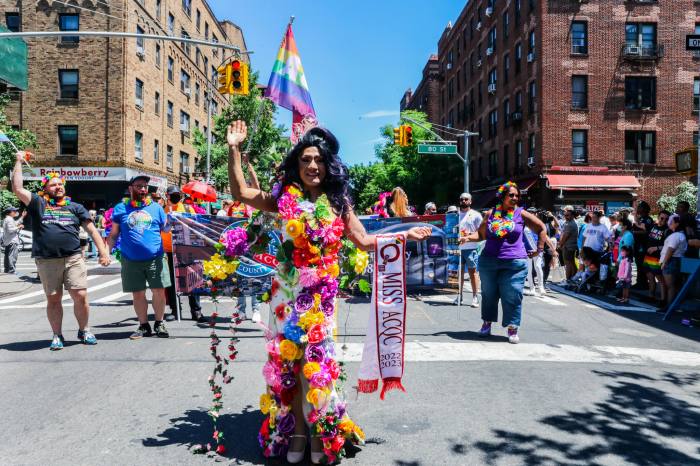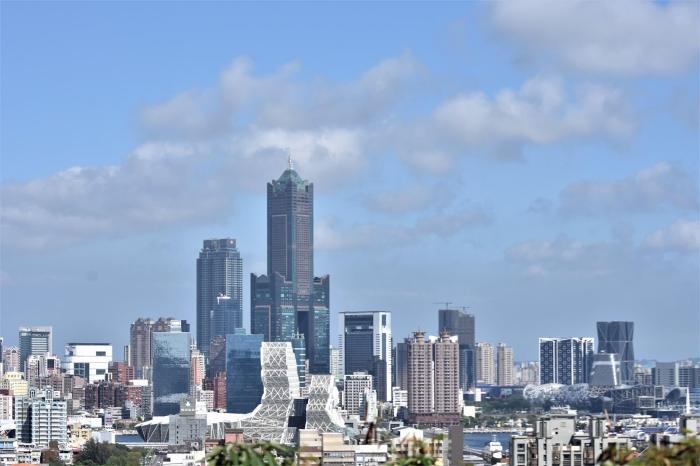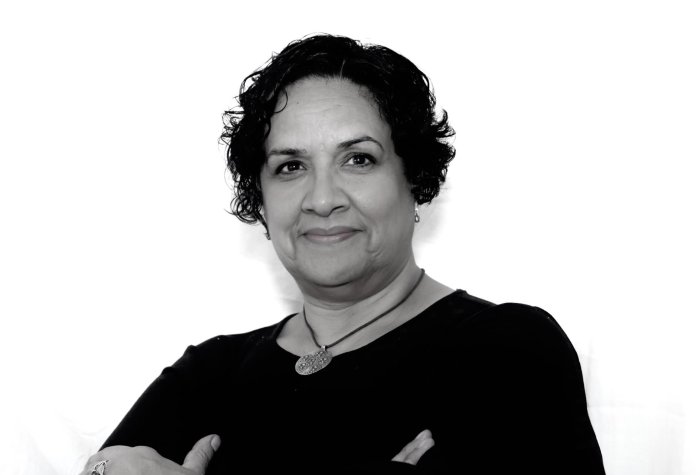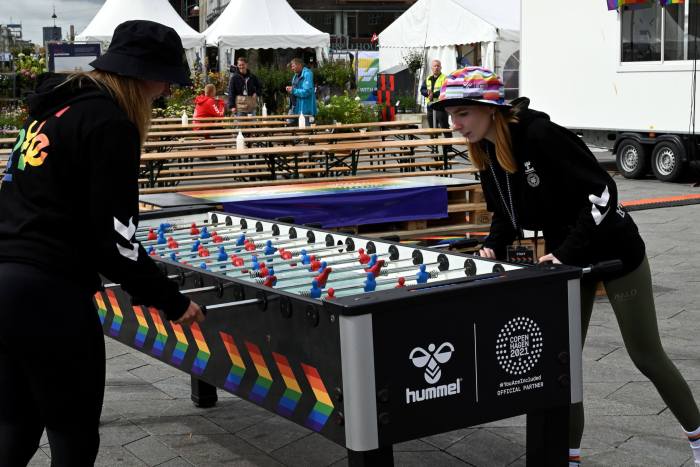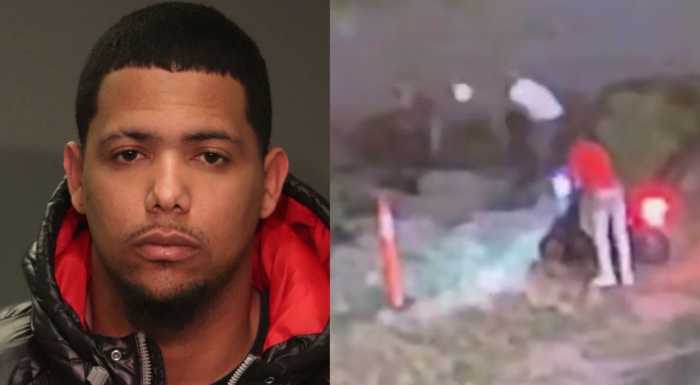The City Council’s LGBTQIA+ Caucus kicked off Pride Month by releasing a comprehensive, multi-pronged policy agenda outlining legislative goals and recommendations on how the city can better serve LGBTQ constituents across the five boroughs.
The policy agenda, labeled as the Marsha and Sylvia Plan in honor of the late LGBTQ trailblazers Marsha P. Johnson and Sylvia Rivera, points to nine critical areas of need: arts and culture; education; government operations; health; housing and homelessness; older adults; public safety; sex work; and Youth and foster care. The agenda was put forth by members of the LGBTQIA+ Caucus, led by co-chairs Tiffany Cabán of Queens and Crystal Hudson of Brooklyn.
The agenda emphasizes the importance of making progress in a tangible and equitable manner at a time when the community is enduring a nationwide assault on LGBTQ rights — particularly trans rights. But even here in New York City, councilmembers like Vickie Paladino of Queens have mounted alarming attacks on the LGBTQ community and assailed drag story hour, while members of the LGBTQIA+ Caucus — in the case of Erik Bottcher of Manhattan — have even seen their homes and offices vandalized by hateful bigots.
The LGBTQIA+ Caucus, in turn, is sending a message to their Council colleagues and the Adams administration that supporting LGBTQ people and denouncing homophobia and transphobia is admirable and appreciated, but is not sufficient to advance the community’s needs and goals into the future. Stronger action, they say, is needed.
Some of the proposals focus on issues that are under consideration at the state level and reflect New York’s efforts to fight back against the state-by-state laws targeting youth. Among the key pieces of the agenda include a call to ban city agencies from working with out-of-state agencies prosecuting individuals seeking care in New York. That is reminiscent of state-based legislation led by out state lawmakers Brad Hoylman-Sigal and Harry Bronson that would ban New York State from considering a law of another state that authorizes a child to be removed from their parent because the parent allows their child to receive gender-affirming care.
Among other proposals, the caucus is asking for improvements to conditions for LGBTQ people in city custody by requiring that agencies recognize “X” gender markers and create an appeals process for people denied housing on the basis of gender identity. Last year, New York State rolled out an “X” gender marker option on drivers licenses following the passage of the Gender Recognition Act.
The caucus is also seeking to bring more resourceful LGBTQ representation to city government positions, including establishing an Office of LGBTQIA+ Affairs, creating a resource navigator program for LGBTQ people in custody, nominating and appointing more LGBTQ people to citywide jobs, and instituting a housing task force that would issue recommendations for solutions to housing issues faced by members of the community.
Among the agenda’s requests on the healthcare front include stepping up outreach efforts and distribution of PrEP/PEP and making sure those HIV prevention tools can be accessed for free, regardless of insurance or immigration status. That proposal is important given the major racial disparities in PrEP uptake and the reality that too many candidates for PrEP are not familiar with it.
The LGBTQIA+ Caucus is also pressing New York to incorporate more Black and Brown-led organizations into the effort to combat HIV/AIDS and end the epidemic in New York. The lawmakers are also seeking more funding for Ending the Epidemic initiative.
While the LGBTQIA+ Caucus is also calling on New York to protect people facing restrictions on gender-affirming care elsewhere, they are also underscoring the need for baseline funding for TGNCNBI-affirming care here, saying the city should baseline $15 million annually for non-profits offering trans-specific and affirming services.
The agenda places a strong focus on youth, which comes as no surprise given the circulation of hundreds of state bills aimed at curtailing the rights of LGBTQ youth. Even before the latest legislative attacks, LGBTQ youth were already overrepresented in the foster care system, experienced elevated suicide risks, and faced other forms of marginalization.
Given the queer representation in foster care, the LGBTQIA+ Caucus wants to steer at least $5 million towards the city’s Administration for Children’s Services for the purpose of recruiting parents within the LGBTQ community and another $5 million for community-based family acceptance initiatives and mental health services in an effort to prevent children from getting booted from their home by unaccepting parents or guardians.
The lawmakers are calling on the city to boost funding for LGBTQIA+-inclusive curriculum, which saw $2.8 million in funding for the 2023 fiscal year, they said; support LGBTQIA+ student groups; expand bullying reporting; and increase funding for the Unity Works LGBTQ youth workforce development program.
The wide-ranging proposal even shows how the city’s plumbing code has hindered the ability to develop gender-affirming facilities by requiring separate facilities for each sex. The Marsha and Sylvia Plan calls on government officials to amend the plumbing code to pave the way for the city to expand gender-affirming facilities in public schools.
The distribution of funding across the city is another issue on the minds of the LGBTQIA+ Caucus, which is asking the Council to audit discretionary funding to LGBTQIA+ providers to ensure the resources are properly serving the large queer populations in the outer boroughs, not just in Manhattan.
The Caucus is also encouraging the city to introduce protections for sex workers, such as a compensation fund for sex workers who have lost their online presence. The movement to decriminalize sex work gained momentum in New York City in 2019, but has seen very little activism as of late.
The agenda also raises concern about the state of services for queer seniors in New York City. The Marsha and Sylvia Plan urges passage of a City Council bill introduced last year that would require senior service providers to receive training on anti-LGBTQ discrimination, though that bill has yet to be voted on. The Marsha and Sylvia plan also calls for an expansion of outreach to LGBTQ and HIV-affected older adults and free sexual health and wellness programming at older adult centers.
In a press release announcing the agenda, members of the LGBTQIA+ Caucus conveyed the importance of their goals and pointed to Johnson and Rivera’s respective legacies.
“This agenda is comprehensive, offering New York’s legislative leaders immediate actions to deliver tangible solutions to the diverse and unique issues facing our LGBTQIA+ and TGNCNBI neighbors,” Hudson and Cabán said in a joint written statement. “These are recommendations rooted in principles of abolition and guided by the work and lives of Black trans feminists, without whom, we would not be here.”
The agenda drew praise from leaders of several local organizations serving LGBTQ people, including the Ali Forney Center, GMHC, Callen-Lorde Community Health Center, SAGE, and more.
The LGBTQIA+ Caucus worked on the plan in collaboration with over a dozen advocacy organizations, but the details are not necessarily set in stone. The out councilmembers said they would seek feedback from queer New Yorkers during a series of community discussions throughout the year and amend the plan as necessary.
Read the full agenda here.


